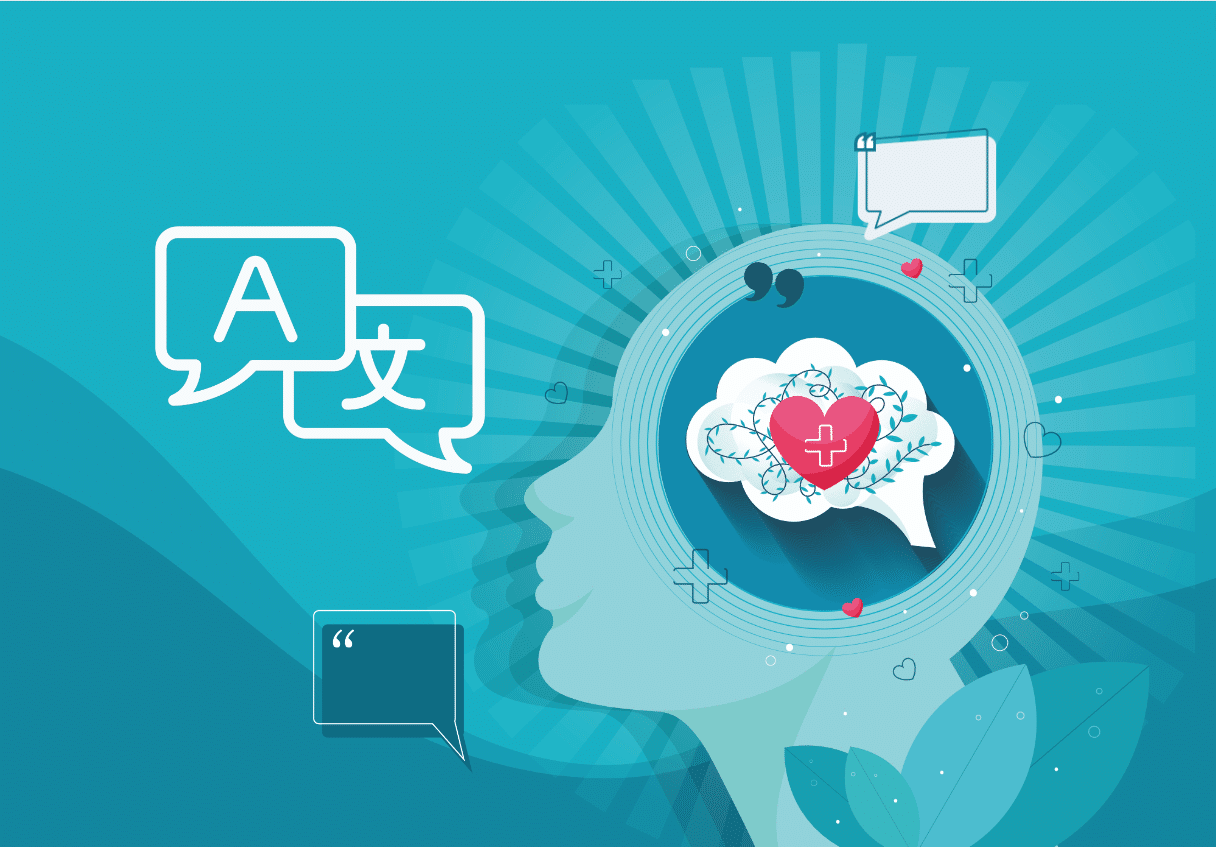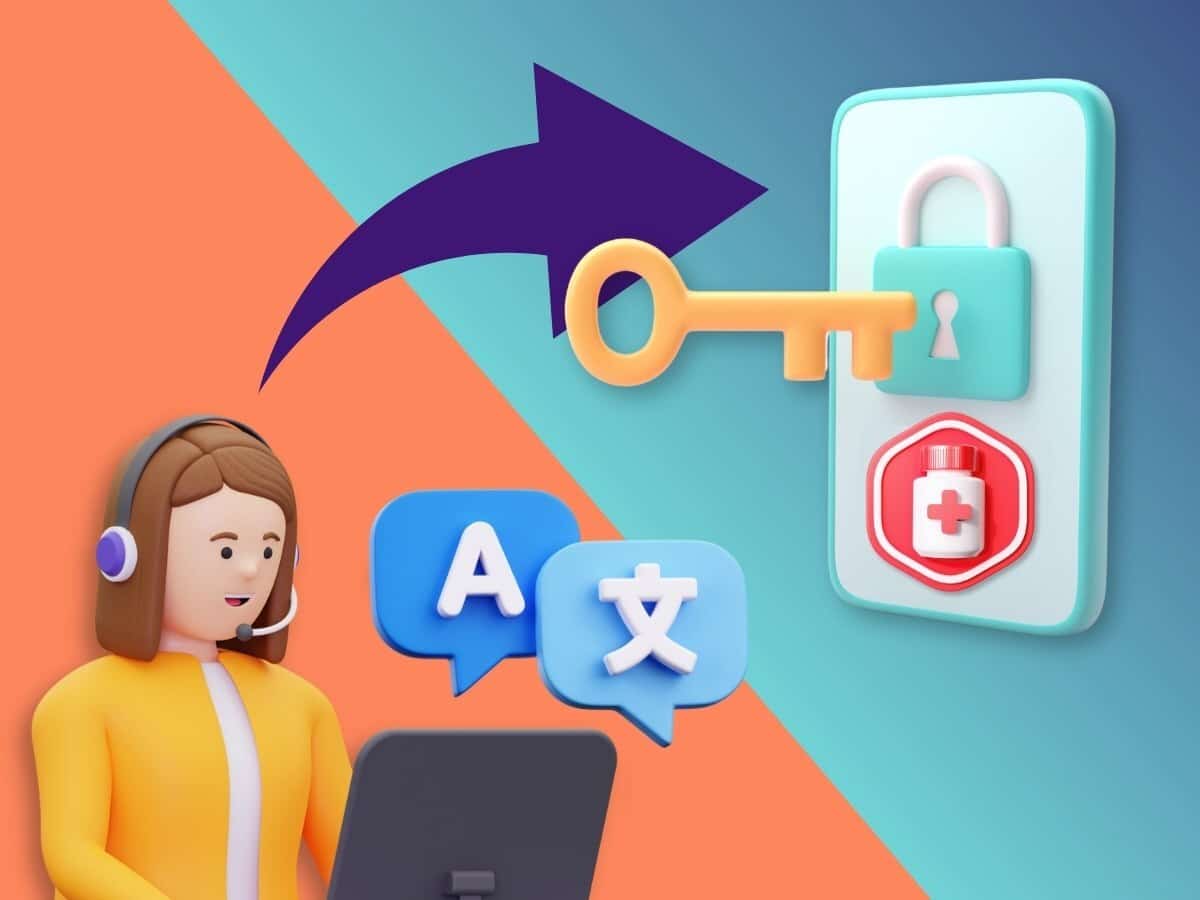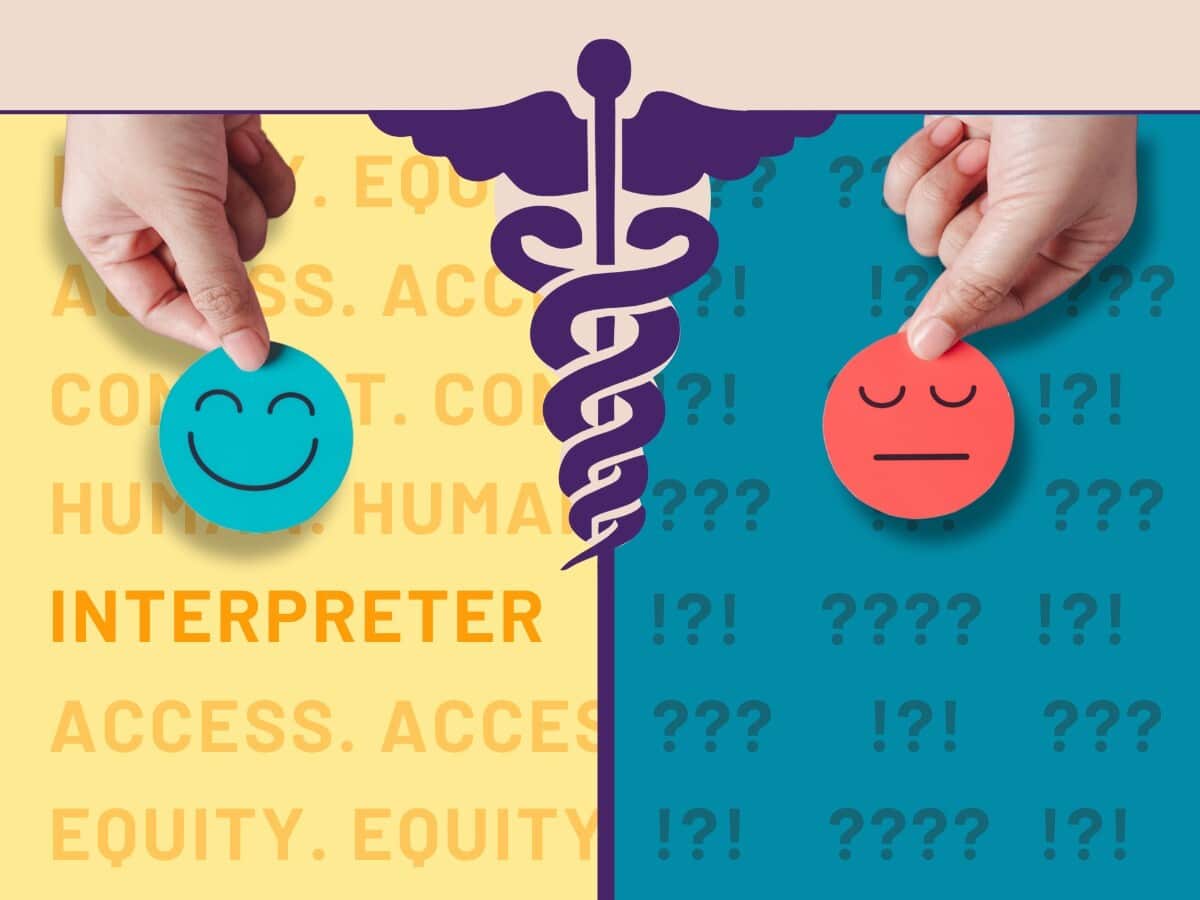Interpreting in behavioral health can enhance the entire patient experience. It is vital in facilitating effective communication between healthcare providers and patients. Behavioral health generally refers to mental health and substance use disorders, life stressors and crises, and stress-related physical symptoms. (American Medical Association) Interpreting in a behavioral health setting is extremely important because it ensures that individuals with limited English proficiency can effectively communicate their mental health needs and concerns, receive appropriate care, and fully participate in their treatment journey.
Let's explore the various ways in which interpreters in behavioral health can have a significant impact and bring about positive change.
Clear Communication
Behavioral health interpreting is important for clear communication to be facilitated between healthcare providers and patients properly. The role of interpreters is to ensure that accurate and effective information is delivered between both parties. By bridging the language and cultural barriers, interpreters contribute to a more comprehensive understanding of patients' needs, concerns, and medical history. This enables healthcare providers to deliver appropriate and tailored care, and patients to actively participate in their own healthcare decisions and express their thoughts and feelings.
Cultural Understanding
Interpreters are also there to bridge cultural gaps and promote cultural understanding in behavioral health settings. When it comes to behavioral health interpreting, interpreters are trained in cultural competencies to ensure that they have a deep understanding and appreciation of different cultural norms, values, and beliefs. By considering cultural nuances, interpreters ensure that healthcare interactions are not only accurate and effective but also culturally appropriate. This comprehensive approach allows interpreters to navigate complex cultural dynamics, ultimately enhancing the quality of care provided in behavioral health settings.
Emotional Support
Interpreters assist in facilitating the conversation between healthcare providers and patients. That is their main role. However, by having a qualified medical interpreter, patients are likely to feel more at ease and emotionally supported during challenging behavioral health situations. Behavioral health interpreting create a safer, more comfortable, and more supportive environment by ensuring that vital medical information is accurately conveyed. With an interpreter by their side, patients feel more emotionally supported and can confidently express their concerns, share their experiences, and actively participate in their treatment plan.
Accuracy and Precision
The role of interpreters is to ensure accurate understanding of complex behavioral health concepts. Precision is vital in a healthcare setting, but particularly in behavioral health, where there are typically many stress-related matters. Interpreters contribute to precise communication between providers and patients so that everything is understood by both parties. Accuracy is particularly important in behavioral health interpreting because one miscommunication could lead a patient and provider down the wrong path, and could even end in a fatality. Interpreters are there to ensure precise and accurate information is communicated.
Patient Empowerment
Interpreters’ primary responsibility is to accurately interpret and convey information between parties. However, with behavioral health interpreting, having an interpreter can also help patients navigate the complex health system, empowering them in their healthcare journey. Interpreters also advocate for patients’ rights and needs within the behavioral health system by being present. Their presence can enhance the patient experience and foster a more patient-centered approach within the behavioral healthcare setting, so patients can feel more empowered to make their own healthcare decisions.
Trust Building
Interpreters play a vital role in building trust between patients and providers in the behavioral health setting. Interpreters act as essential facilitators, ensuring effective communication and bridging any language barriers that may exist. By accurately conveying information, emotions, and cultural nuances, interpreters help create a comfortable and inclusive environment for patients, enabling them to express their concerns, understand medical advice, and actively participate in their healthcare decisions. In this way, interpreters significantly contribute to building that trust and rapport between patients and providers.
Conclusion: Behavioral Health Interpreting
Behavioral health interpreting is vital for all patients to enhance the patient experience. Clear, precise communication between a patient and provider is not just a luxury, but a necessity for accurate diagnosis and effective treatment. Although interpreters are simply there to interpret, their presence improves health outcomes across the board. By providing emotional support, advocacy, and empowerment, interpreters create a safe and supportive environment for patients. This fosters trust between patients and healthcare providers, leading to a more comprehensive and enhanced healthcare journey in all aspects of behavioral health.









